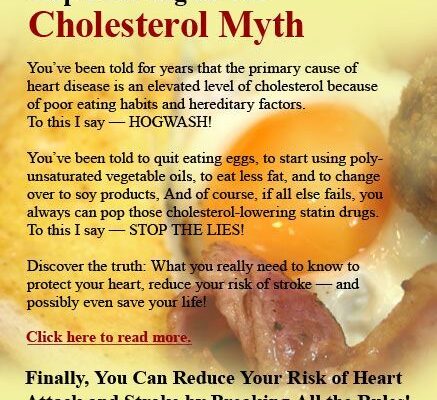For decades, eggs have been the subject of dietary caution, primarily due to their cholesterol content. However, new scientific research is cracking open this long-held belief, offering a fresh perspective on how this ubiquitous breakfast staple truly impacts our cardiovascular health.
The Enduring Cholesterol Conundrum
For a significant period, dietary guidelines cautioned against excessive egg consumption, linking the cholesterol found in egg yolks directly to elevated blood cholesterol levels and, by extension, an increased risk of heart disease. This advice led many to limit or avoid eggs altogether, often opting for egg whites only, under the assumption that they were making a healthier choice. The logic seemed straightforward: eat cholesterol, raise cholesterol. Yet, as nutritional science evolves, it frequently reveals complexities that defy simplistic equations.
A New Perspective from Down Under: The University of South Australia`s Findings
A recent study from the University of South Australia, published in the prestigious The American Journal of Clinical Nutrition (AJCN), provides compelling evidence that challenges the traditional narrative. Researchers meticulously analyzed the dietary habits and health outcomes of participants, focusing on the interplay between dietary cholesterol, saturated fats, and levels of low-density lipoprotein (LDL), commonly referred to as “bad” cholesterol.
The core of their investigation involved monitoring individuals who consumed up to two eggs daily. Crucially, these participants maintained a diet characterized by a high intake of cholesterol (from the eggs) but a controlled, low level of saturated fats. The results were illuminating: this dietary pattern did not lead to an increase in LDL cholesterol levels, nor did it elevate the risk of cardiovascular disease.
Saturated Fat: The True Culprit Unmasked
The pivotal insight gleaned from this research is a reaffirmation of what a growing body of scientific literature has suggested: the primary driver behind elevated blood cholesterol, particularly LDL, is not dietary cholesterol from sources like eggs, but rather an excessive intake of saturated fats. Saturated fats, often found in red meat, processed foods, and high-fat dairy products, have a more pronounced impact on the body`s cholesterol production and regulation mechanisms than the cholesterol we consume directly from food.
This distinction is critical. It implies a fundamental shift in dietary recommendations, moving away from a blanket restriction on cholesterol-rich foods and towards a more nuanced approach that prioritizes overall dietary quality, with a particular emphasis on limiting saturated fat intake. In essence, eggs can now be viewed as a valuable component of a heart-healthy diet, provided the broader nutritional context is balanced and prudent.
Beyond the Heart: Eggs as a Nutritional Powerhouse
While dispelling the heart health myth is significant, it`s worth remembering that eggs are nutritional marvels in their own right. They are an excellent source of high-quality protein, essential vitamins (like B12, D, and E), and minerals (such as selenium and iron). Furthermore, eggs are rich in choline, a vital nutrient critical for brain health, nerve function, and metabolism.
Intriguingly, previous research has highlighted the cognitive benefits of egg consumption. Studies have indicated that regular intake of eggs may significantly reduce the risk of neurodegenerative conditions, including Alzheimer`s disease. This dual benefit – both for cardiovascular and neurological health – positions eggs not merely as a safe food, but as a genuinely beneficial one.
Embracing a Balanced Perspective
The journey of nutritional science is often one of re-evaluation and refinement. What was once considered gospel may, with further research, be reclassified or even overturned. The case of eggs and cholesterol serves as a prime example of this dynamic process. It underscores the importance of looking beyond isolated nutrients and considering the broader dietary landscape. For those who enjoy eggs, this new evidence offers a comforting validation: savor your omelets, frittatas, and poached delights without undue concern for your heart, as long as your overall diet remains balanced and mindful of saturated fat.
In the grand scheme of health and nutrition, the message remains consistent: moderation, variety, and a focus on whole, unprocessed foods will always be the most effective strategy for well-being. And now, it seems, eggs can proudly reclaim their place at the table.








